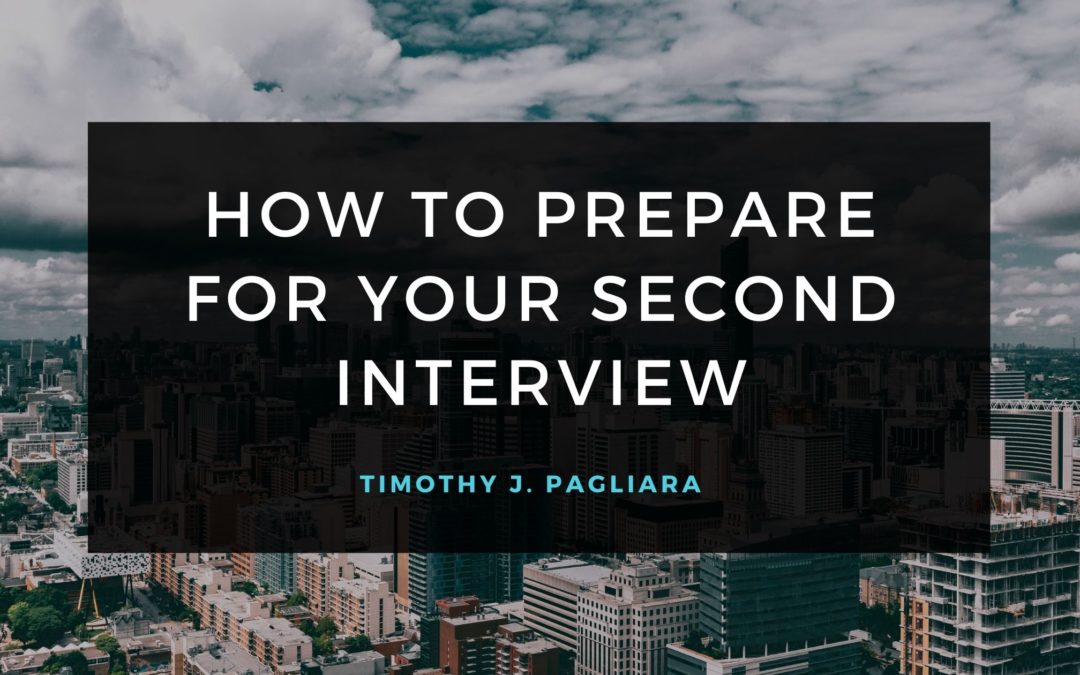Often, the first interview is a phone interview that narrows the numbered of candidates down to just a qualified few. Once you reach the second interview, they’ll be fewer candidates but the interview will likely be more difficult. That’s why it’s crucial that you prepare for the interview in advance and put your best foot forward. That said, following are some tips on how to best prepare for your second interview.
Learn More About Company and Interviewer
While you likely learned a little about the company before your first interview, now is the time to home in on what products the company sells, the markets it serves and specific challenges it faces within the industry. You’ll also want to learn more about the title of the interviewer and the person’s role within the company, according to Parade. This enables you to better understand your own potential role at the organization.
Review Your Qualifications
Pore over your resume and recall different projects you managed and all the tasks you completed. Recall the titles of various managers or specialists you worked with and what you did for them. Reviewing your credentials is essential so that you’re prepared to discuss any aspect of your career.
Match Your Skills to Job Specifications
Before you go to the second interview, make sure you have the job specifications for the position in which you’re interviewing. This enables you to provide specific examples on the interview of how your skills and qualifications fit the job. Be specific when relating your skills to the interviewer and allows apprise him or her of the results you achieved.
Be Prepared to Answer Questions
Search online for common questions that are asked on second interviews. Some of the more common ones are: “Why are you the best person for the job?” and “Why are you interested in working for this company?” according to the Balance.
Bring Your Own List of Questions
Interviewers often judge your intelligence and reasoning skills by the questions you ask. While this is one objective for bringing your own questions, you also want to learn more about the job to determine whether it’s the right fit. Since you’ll likely be talking to your potential boss on the second interview, ask about specific projects or learn more about the people with whom you’ll be working.
In many cases, the second interview is the most challenging because you’ll be talking to one or more individuals who know as much or more about your field than you do. If you prepare for the interview with this in mind, you’ll have a much better chance of getting the job.

